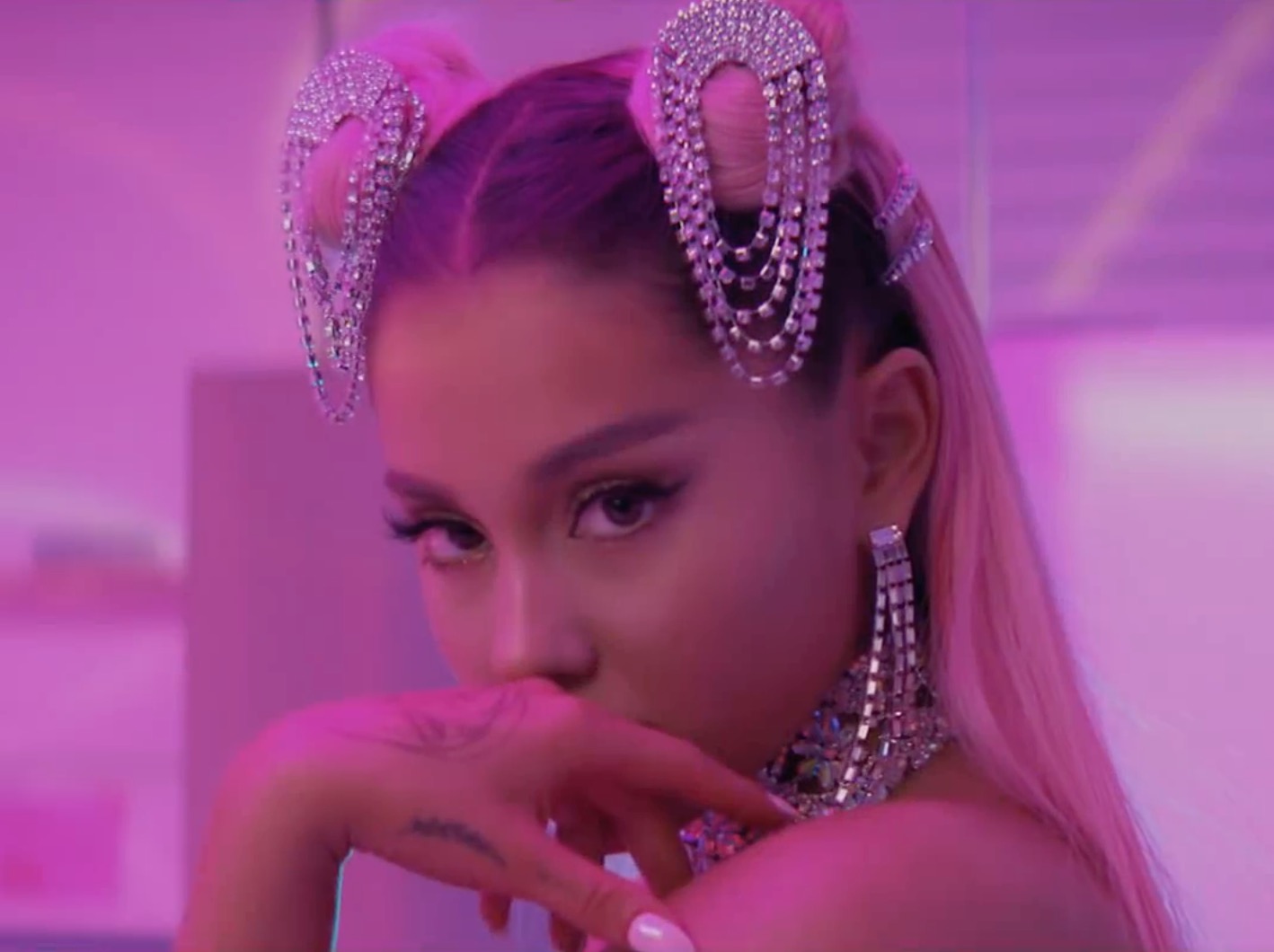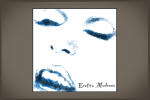Ariana Grande has sure come a long way from her redheaded days as Cat Valentine on “Victorious.” She’s now an international superstar, with six Grammy nominations (including one win) and five studio albums under her belt.
Her latest album, “thank u, next,” was released on Feb. 8 and is currently No. 1 on the Billboard 200 chart. It also broke the record for the most streams in a week for a pop album. Like any celebrity, Grande is surrounded by controversy, yet despite that, her massive success means that she must be doing something right.
The musical composition of each song on “thank u, next” is less important than the actual lyrics are. I won’t pretend to know enough about music to review the album from a technical perspective, but the themes in many of the songs are worth discussing; they have the potential to change the way people view certain situations or the way they think about themselves. For example, the album’s three singles, “thank u, next,” “7 Rings” and “Break Up with Your Girlfriend, I’m Bored” share common elements of sass, confidence and independence.
The namesake single “thank u, next” chooses to value the lessons learned from past relationships rather than dwell on the typical pain and anger of breakups. Grande sings, “I’ve loved and I’ve lost / But that’s not what I see / So, look what I got / Look what you taught me,” relaying a mature message of love, patience, pain and personal growth.
Although this type of depth can often be hard to find in such catchy pop songs, the term “thank u, next” has already become a part of mainstream culture; it has generated millions of memes, tweets and hashtags. Whether or not people are actually striving to follow Grande’s lead in how they regard their exes, the idea of thanking someone that has hurt you and using that pain to better yourself is empowering.
The message in “7 Rings” is less outwardly positive than “thank u, next,” but the air of confidence that Grande emits can be inspiring. Although it may seem like one long brag, with lyrics like “I want it, I got it” and “Black card is my business card,” there is something to be said about a young woman celebrating her self-made success.
All too often, women are expected to be humble and even insecure. “7 Rings” doesn’t play into this expectation and instead boasts Grande’s massive fortune without the help of a love interest. It sends a message about being proud of your accomplishments and taking time to spoil yourself and appreciate your friends.
When asked about the meaning of the two songs on Twitter, Grande responded, “ … i guess thank u, next is more vulnerable and gentle lol. seven rings is jus like ….. a flex. friendship anthem. how the homies WANT u to feel. what the ‘thank u next’ energy evolves into while embracing a new chapter … ”
https://twitter.com/ArianaGrande/status/1084552423400603648?ref_src=twsrc%5Etfw%7Ctwcamp%5Etweetembed%7Ctwterm%5E1084552423400603648&ref_url=https%3A%2F%2Fgenius.com%2FAriana-grande-7-rings-lyrics
“Break Up with Your Girlfriend, I’m Bored” is similar to “7 Rings” in its boastful vibe. The lyrics of the song are admittedly hard to claim as empowering, as part of the chorus contains the lines “Break up with your girlfriend / Yeah, yeah cause I’m bored / You could hit it in the morning / Yeah, yeah like it’s yours.” However, it’s another fun, confidence-boosting song.
Grande controls the narrative, and though she wants someone with a girlfriend, she isn’t giving that any sort of potential love interest the power to hurt her. Men sing about emotionless hookups and disregarding significant others all the time. While this isn’t necessarily a positive thing, Grande also shouldn’t blamed for simply doing the same thing.
Other songs like “Bad Idea” and “Bloodline” follow a similar trend. “Bad Idea” is about using someone as a distraction to forget about an ex and potentially other personal problems, and “Bloodline” is essentially about hooking up with someone. While the stories these songs tell are certainly not uplifting nor empowering, they’re still honest, with an air of arrogance that is refreshing to see in a female artist.
Not all of the songs on the album follow this trend of empowerment. “Imagine” describes longing for a sort of unattainable love, “In my Head” is about creating and falling in love with an idealistic image of someone and “Ghostin” discusses being with one person while having feelings for an old flame. That being said, the lyrics of these songs are still honest and relatable for many people. There’s a type of confidence associated with such outward vulnerability, and these songs provide a nice contrast to some of the more aggressive songs.
There are a few other tracks that haven’t been covered here, but the three singles are really what defines the album and are the most important. Not only are they the most popular, but their release as singles shows the value that Grande places on them. They are a representation of the greater theme for the album.
Of course, Grande is by no means a perfect role model. There are plenty of instances of her putting other women down (and also some racist tendencies), and these problematic aspects should not be overlooked. However, her confident album can still be enjoyed for what it is, and people can still be inspired by her confidence and messages of self-love.
















